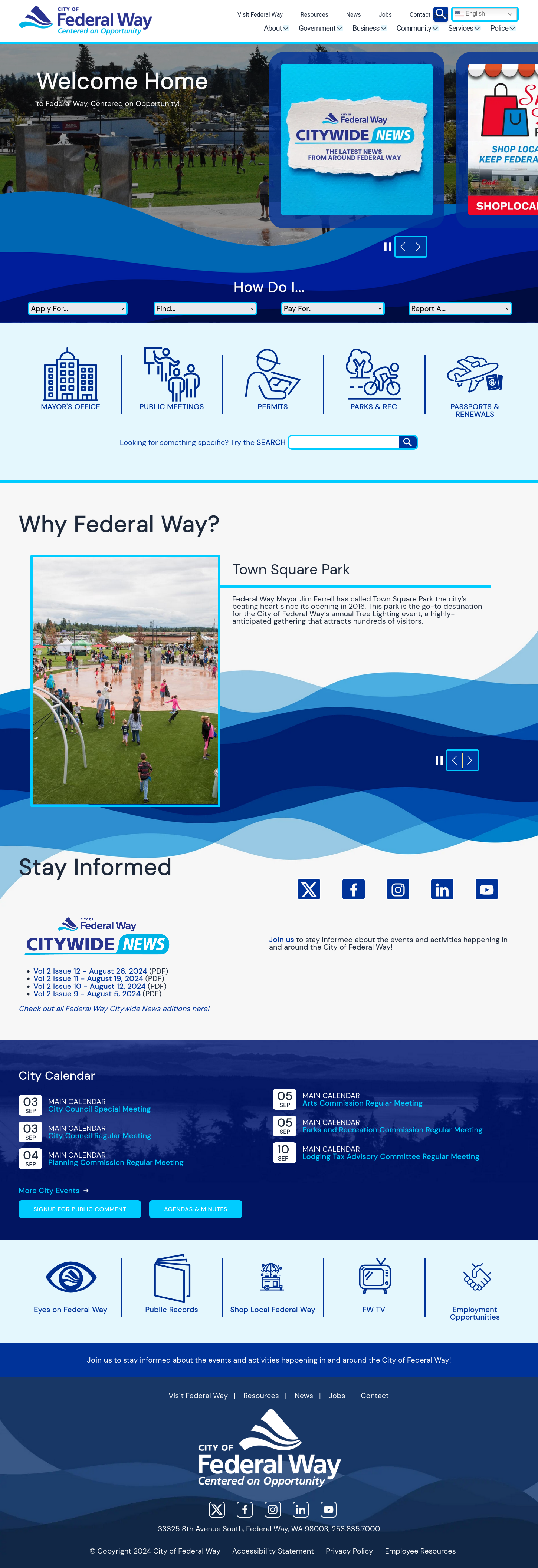Hi,
At Freelock we're kicking off our long-anticipated "Vision" program, a series of newsletters, blog posts, and videos about website effectiveness. Before we get into the meat of things, we're setting the stage with the question, "How do we know if it worked?" And the answer is -- data.
So this month we're looking at a primary source of data, Website analytics.
The scientific method and website analytics
All too often, website projects are driven by whim, obsolescence, or an abstract idea that it will make a difference. Forced obsolescence is a real reason to upgrade a site -- your current site is on a platform that is reaching end of life, or isn't capable of what you want it to do. But at Freelock we prefer putting the scientific method to use. And at its core, it looks something like this:
What site owners need to know about analytics
Stuart Jenner of Marketek Consulting always has insightful things to say about Website analytics. Here's a conversation we had a while back, about the key things site owners should consider with their website analytics, and the serendipity to be found by digging through data and talking with each other.
The rising costs of site ownership
In 2024, the big scourge for website owners has been AI bots.
Our experience goes against a lot of what the tech community considers "best practices" -- we've improved performance, lowered downtime, and drastically reduced costs by ripping out load balancers on several sites. And that's because it turns out the database is the biggest bottleneck, not the front end servers.
AI bots have been crawling our clients' sites, with bursts of traffic that take them down while they attack. After ~20 years of having to deal with the occasional DOS attack, maybe two or three a quarter, we're suddenly having to play whack-a-mole with a new crawler every 2 or 3 weeks -- and some of them don't follow the rules.
Client Spotlight: City of Federal Way



The City of Federal Way came to us to upgrade their Drupal 7 site to Drupal 10. We started the project in late December of last year, and had the first release up in mid February.
With this project, we used a bunch of new techniques to make the site look good across a range of screen sizes, to load quickly, and to break out parts of the site to be managed by different departments with an editorial workflow that allows editors to revise drafts of already-published pages, publish them when desired, and archive them when needed.
Some of the technologies we used include:
- Drupal "Single Directory Components," a new way of encapsulating designs so they can be more easily reused
- Current CSS techniques including :has(), container queries, and nested CSS
- Group module, Content Moderation
Freelock News
Our business was built on helping our clients with ongoing needs. Since the pandemic, we've been a bit overwhelmed with big upgrade projects, getting sites from Drupal 7 to Drupal 9/10. We still have time on our calendar to fit in one or two more upgrade projects before the end of the year (and the end of Drupal 7 support), but we're getting back to our roots, shoring up our communications, getting our systems dialed in so we can deliver much better customer service, and be a great partner for site owners looking for regular help. We're up to 5 developers and two project managers, and they are starting to jam! We've been working through our backlog, building dashboards, and setting up a new retainer plan that includes a regular monthly consultation.
If you know anyone who might be interested, or who needs help with their Drupal or WordPress site, please forward this along!
Special of the month
We're big fans of Matomo, a Free/Open Source web analytics platform, and we include it on all of our Protection plans. If you're a current client getting regular maintenance and do not currently have access to Matomo, let us know and we'll get you added as part of your plan!
If you're not a current client, now would be a great time to get started, before our rates go up at the end of September.
If you sign up before September 29, we are offering our monthly protection plan at a substantial discount -- $349 for Drupal or $399 for WordPress, per month, for the first 12 months. After the 29th our rate is going up to $649 (Drupal) or $699 (WordPress).
Our hourly rates are also going up on the 29th, so now's a great time to get a bucket of support hours. Need any fixes on your website? Have some work you'd like to do? If you prepay for between 20 and 60 hours before 9/29, you can get them at our current rate of $160/hour ($140 charity rate) before it goes up to $200/hour ($180 charity rate). Hours remain available until used, as long as you're on an active protection plan.
September's topic: Privacy
In September we are investigating Privacy. We are anchoring the month with Privacy Policies, and what you need to have in your site's privacy policy to avoid legal trouble. Do you have any questions about Privacy, related to your website? Now is the time to get them in! Watch our blog for posts on privacy this month, and we'll send out a round up of posts at the end of the month!
Other upcoming topics include: Artificial Intelligence, Schema blueprints for content, Automating website tasks, making your website fast.
